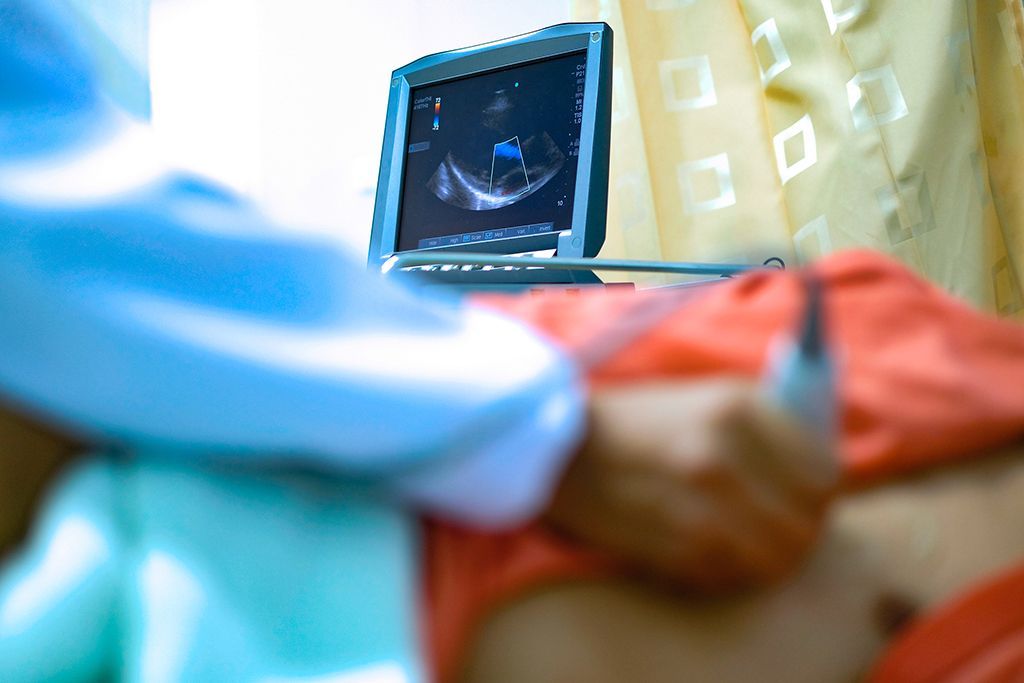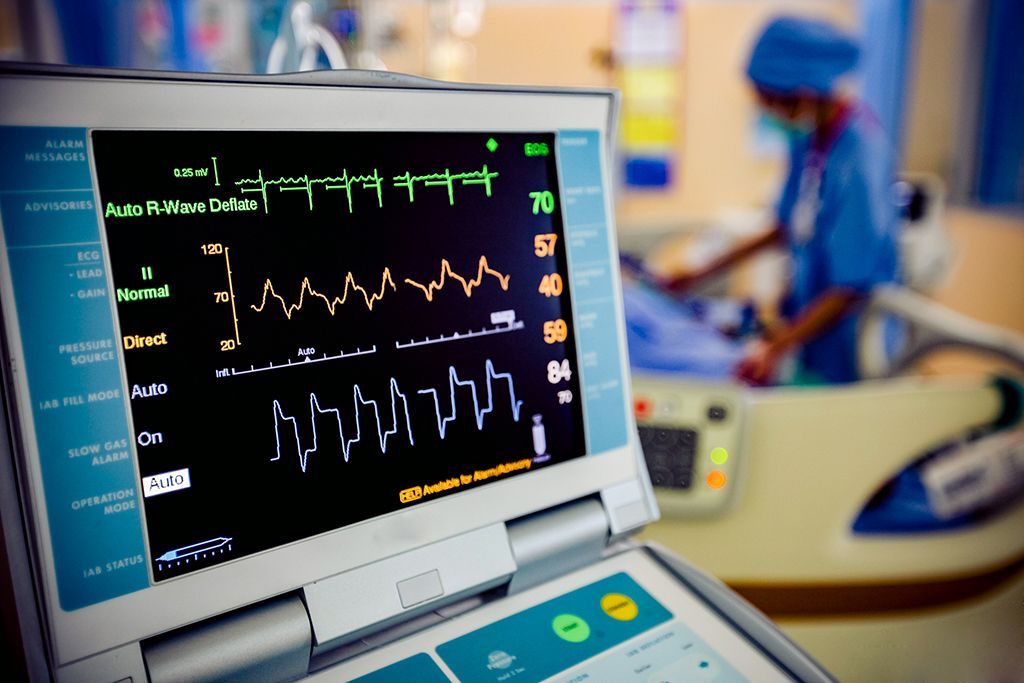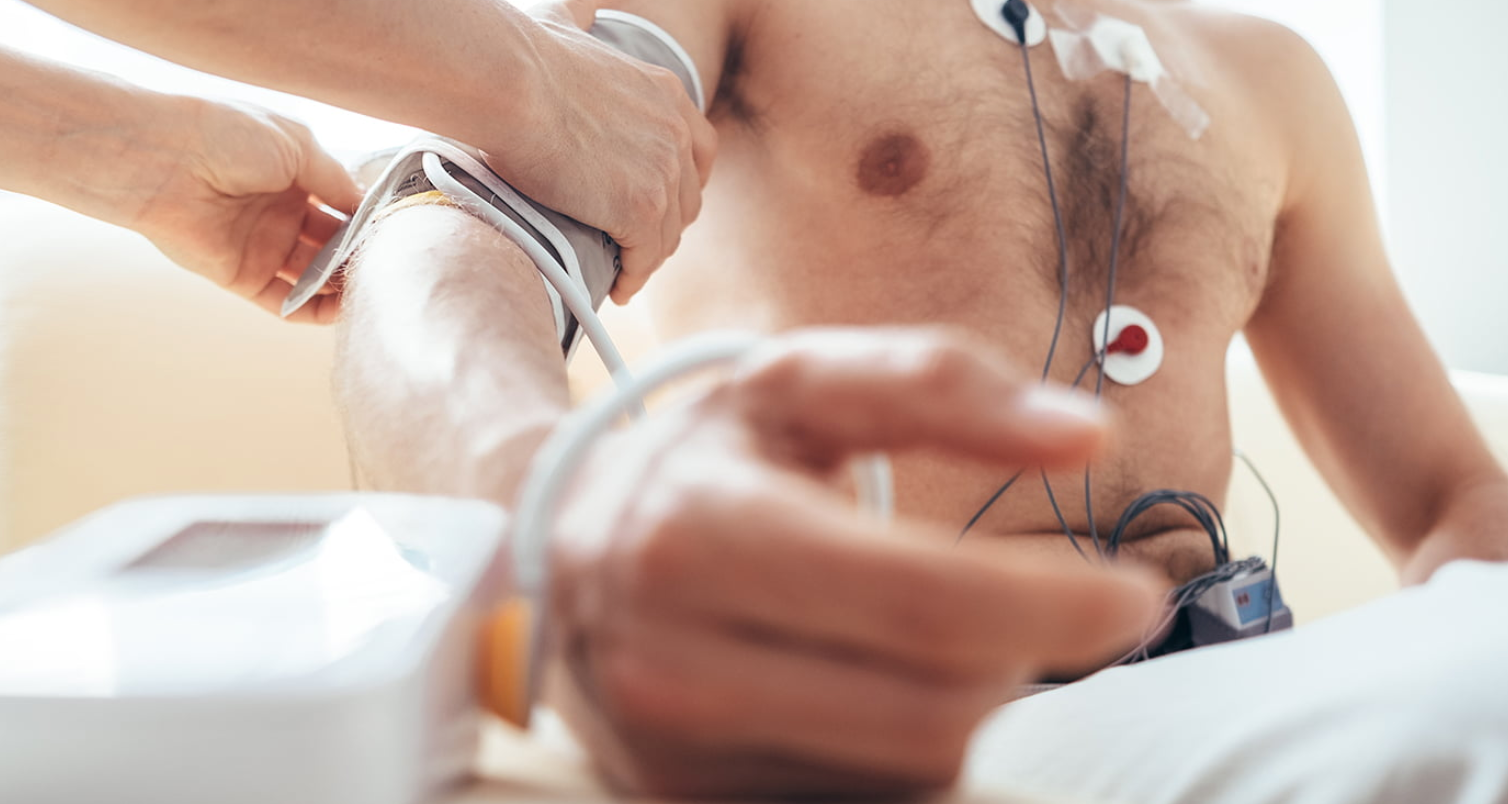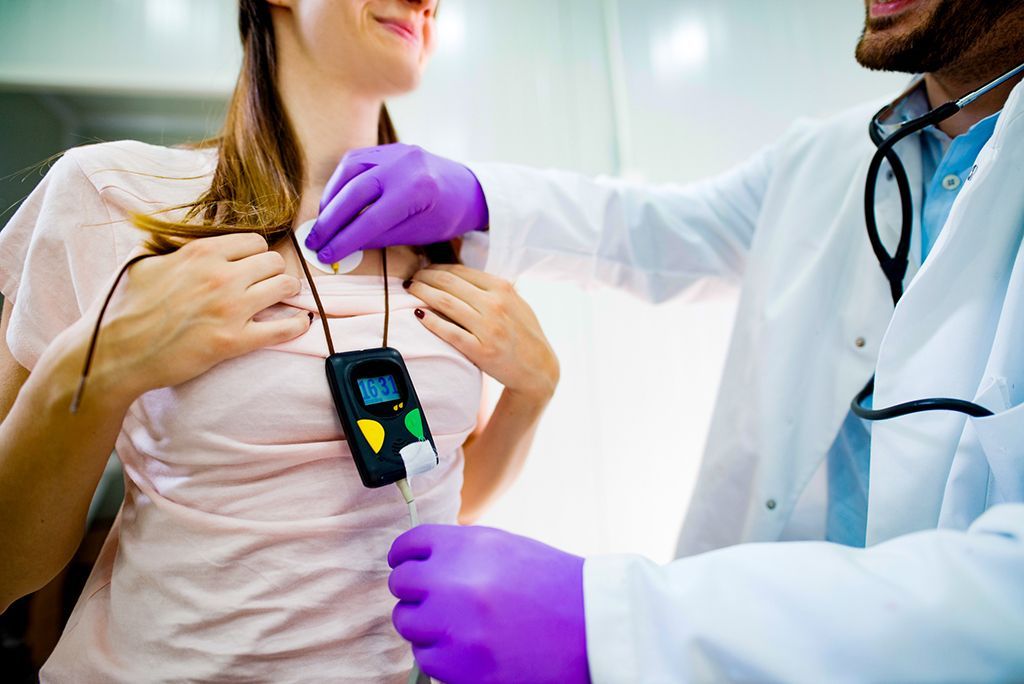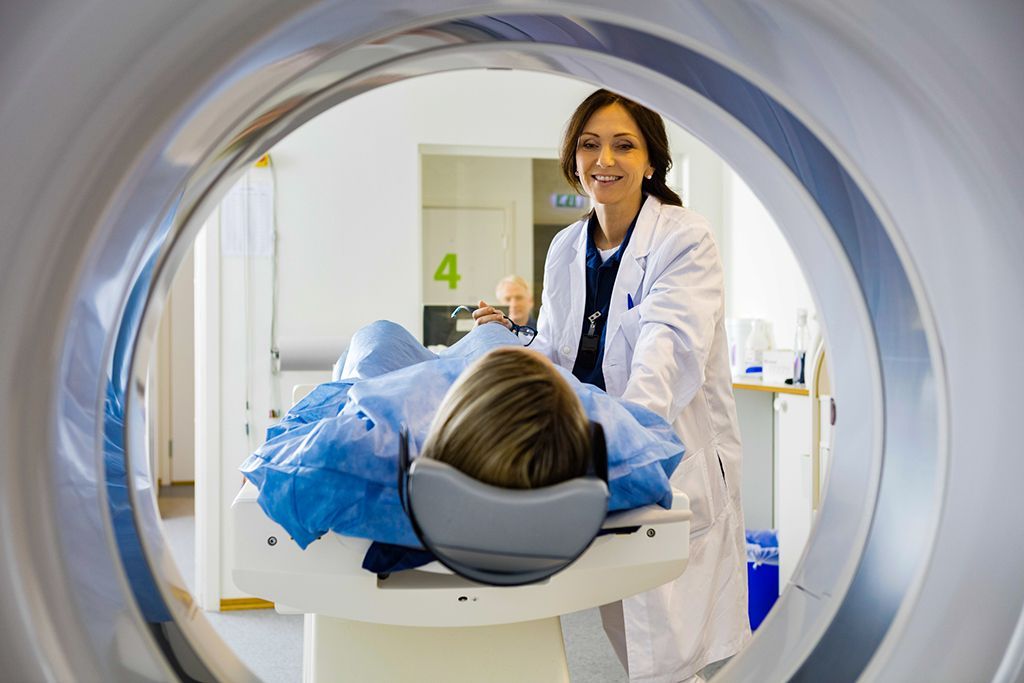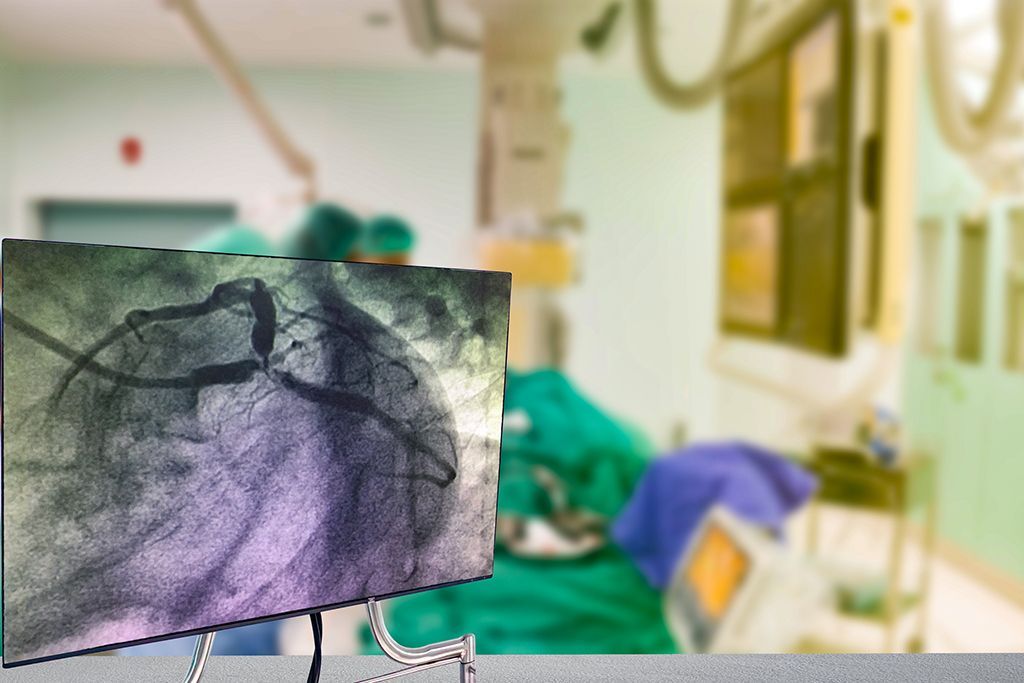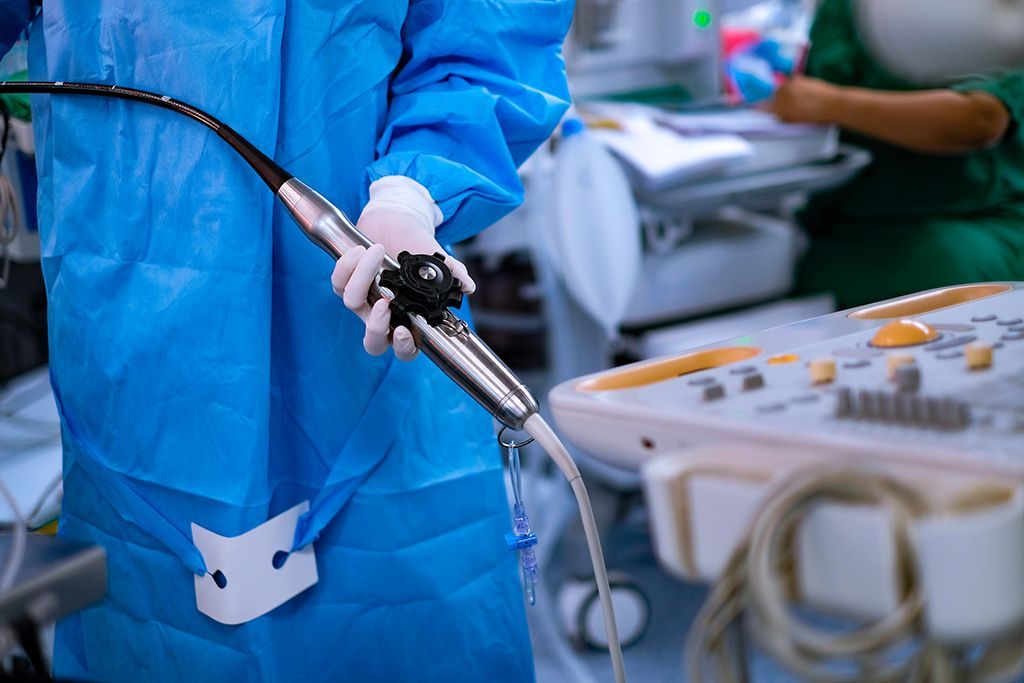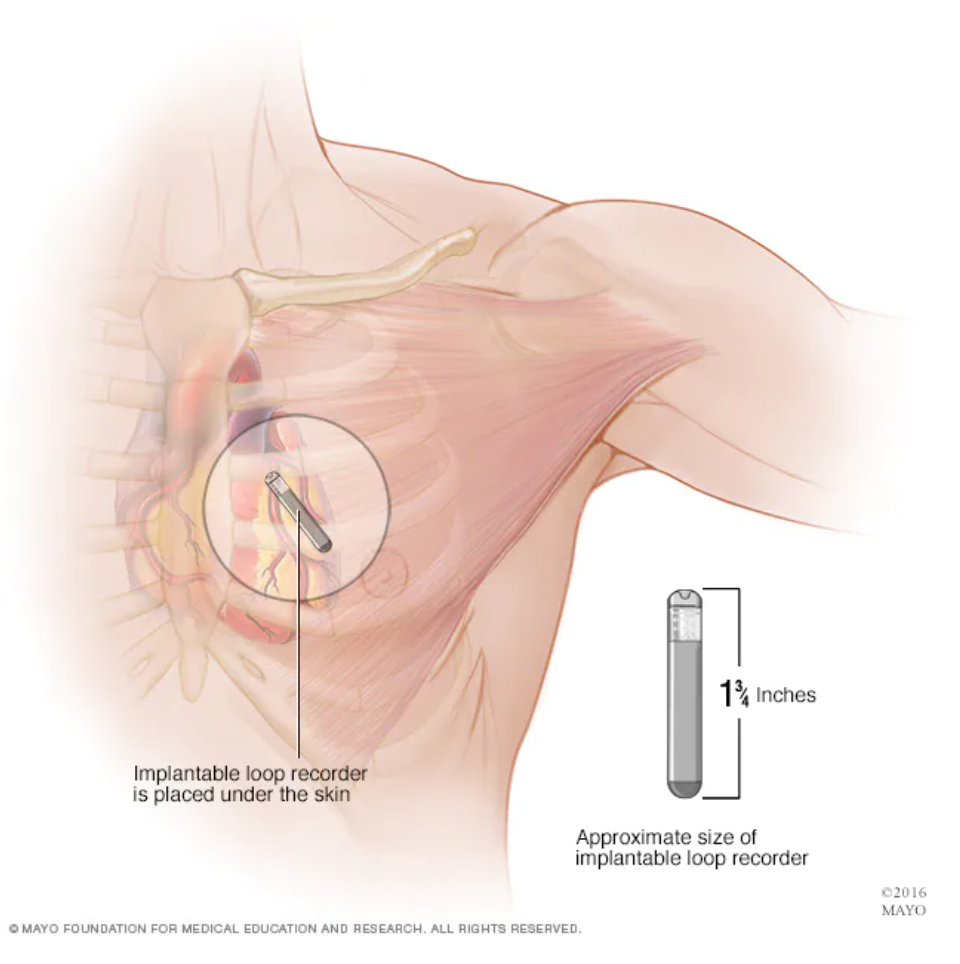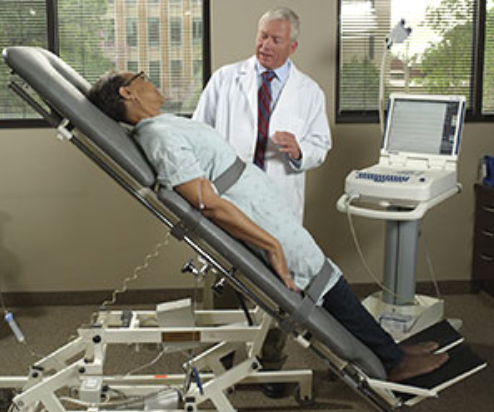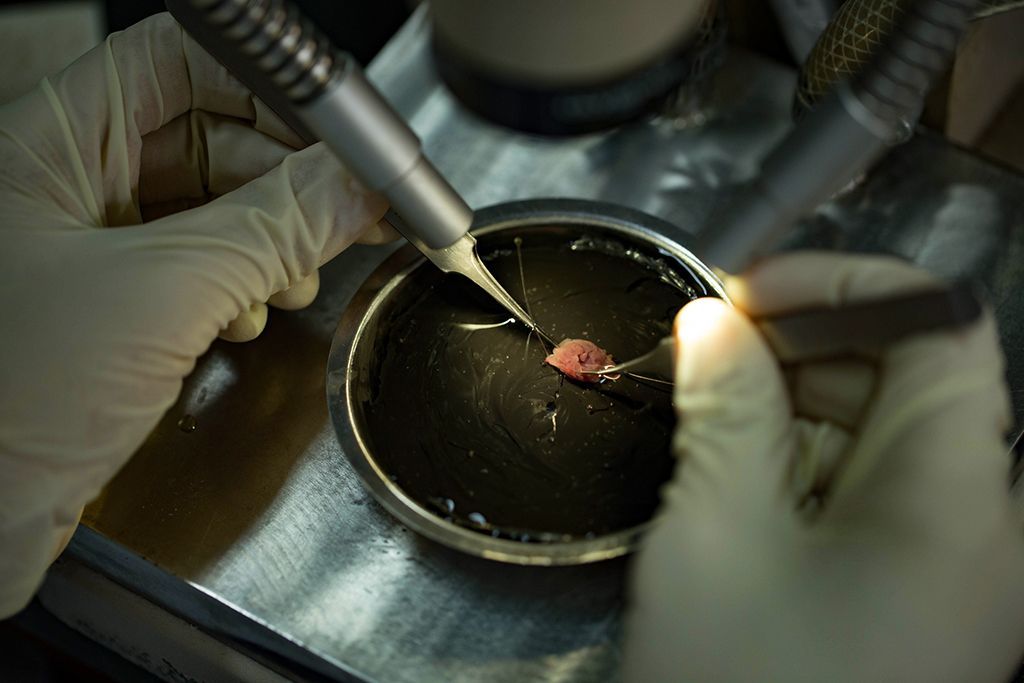HCM All Hearts Diagnostic Tools
EP Testing

Electrophysiology testing is used to understand and detect the electrical activity of your heart.
Electrophysiology testing, also known as EP testing or EP study, allows a doctor to understand and map out the electrical activity of your heart. An EP study can be used for people with arrhythmias or other heart problems to identify their causes and determine the best treatments.
In EP testing, catheters are placed in the heart to understand how electrical signals move through it to create a beat. If you are diagnosed with an arrhythmia, like AFib or tachycardia, an EP test can help understand how electrical signals move in your heart. An EP study is also done at the beginning of a cardiac ablation for arrhythmia treatment. If you are going to have heart surgery during which an ablation may be performed, an EP study may be recommended.
Citations:
American Heart Association. (2016, September 30). Electrophysiology Studies (EPS). Electrophysiology Studies (EPS) l American Heart Association. Retrieved October 29, 2020, from https://www.heart.org/en/health-topics/arrhythmia/symptoms-diagnosis--monitoring-of-arrhythmia/electrophysiology-studies-eps
Mayo Clinic. (2018, March 27). EP Study. EP Study - Mayo Clinic. Retrieved October 29, 2020, from https://www.mayoclinic.org/tests-procedures/ep-study/about/pac-20384999
Related Diagnostic Tools

 Translate
Translate
